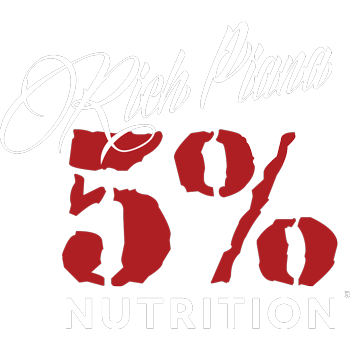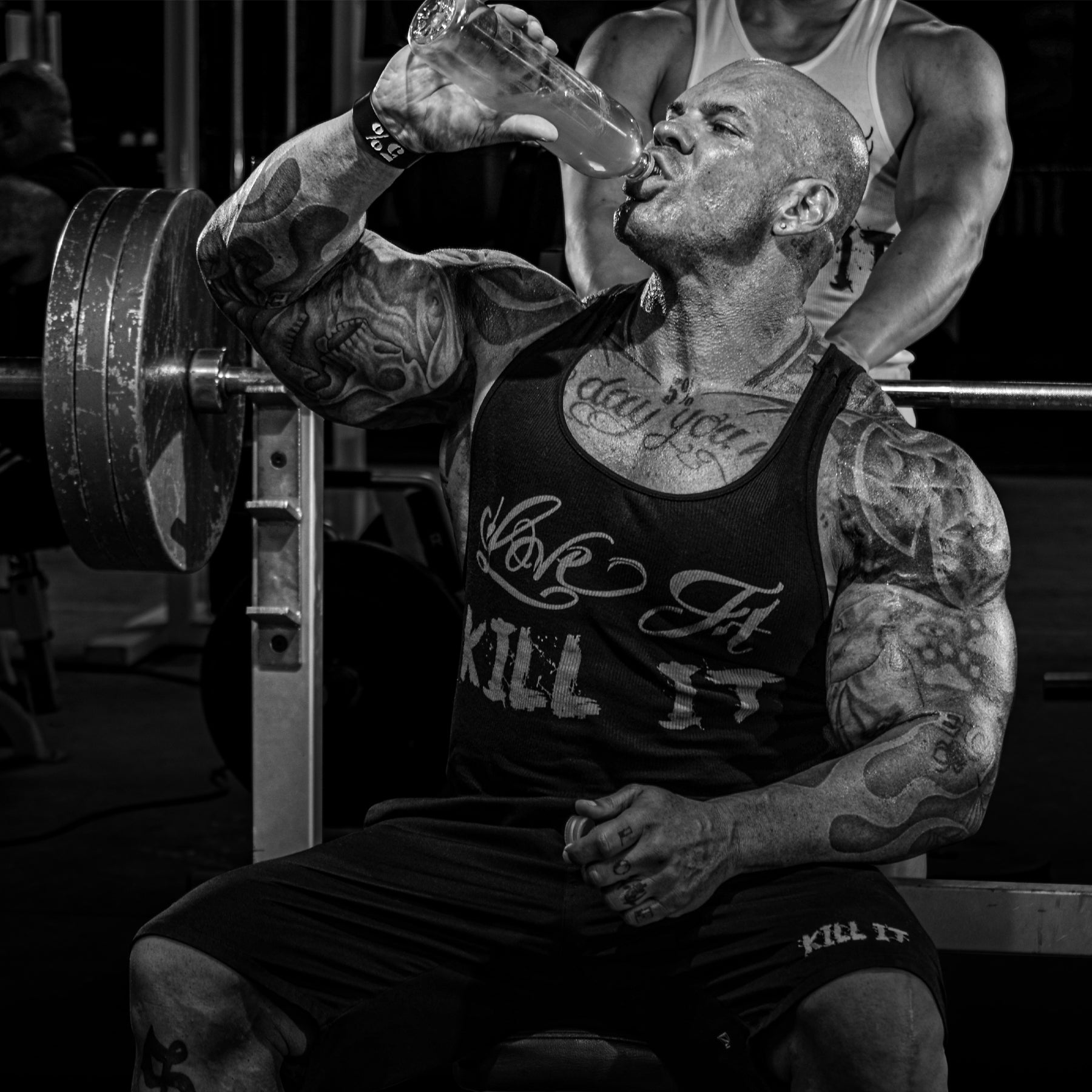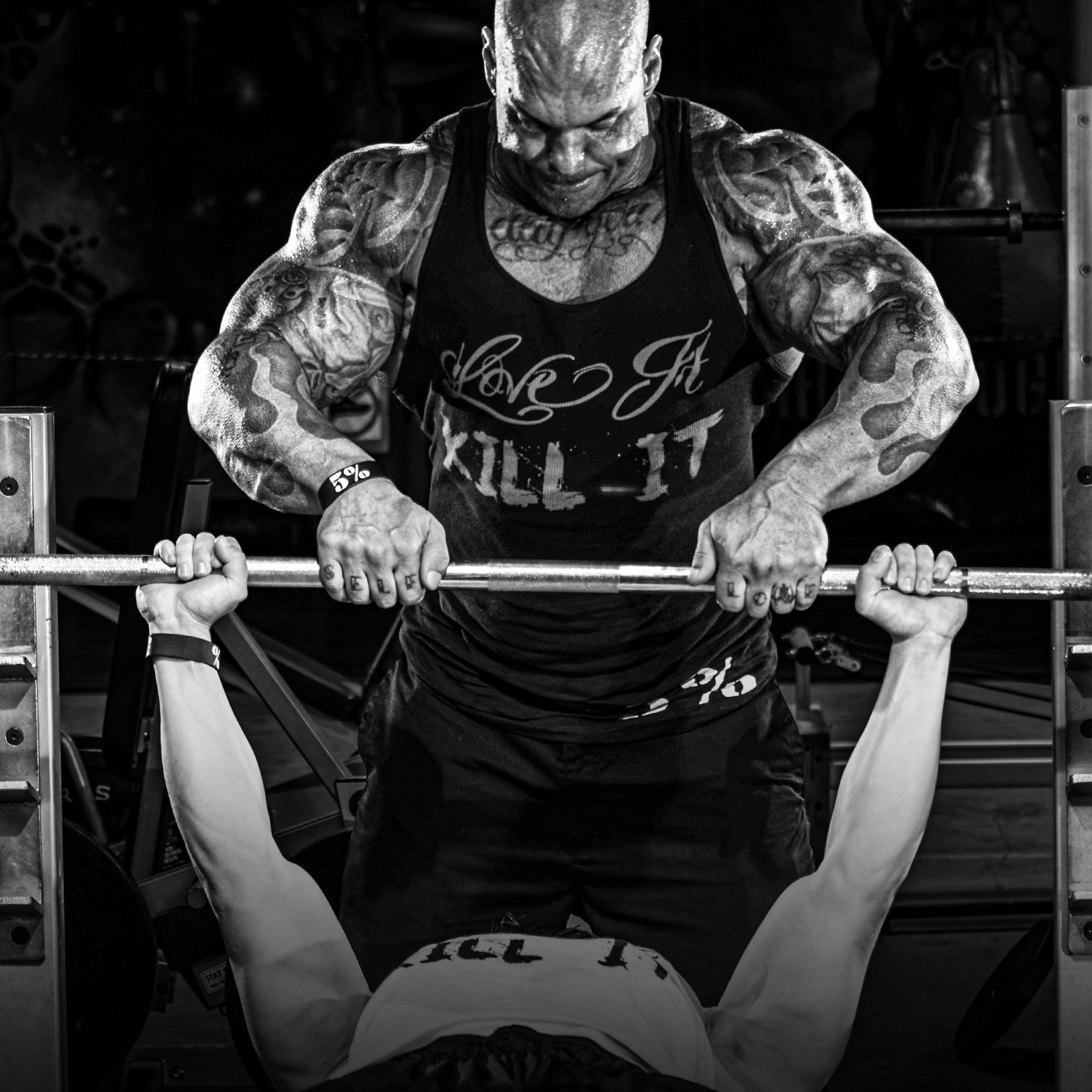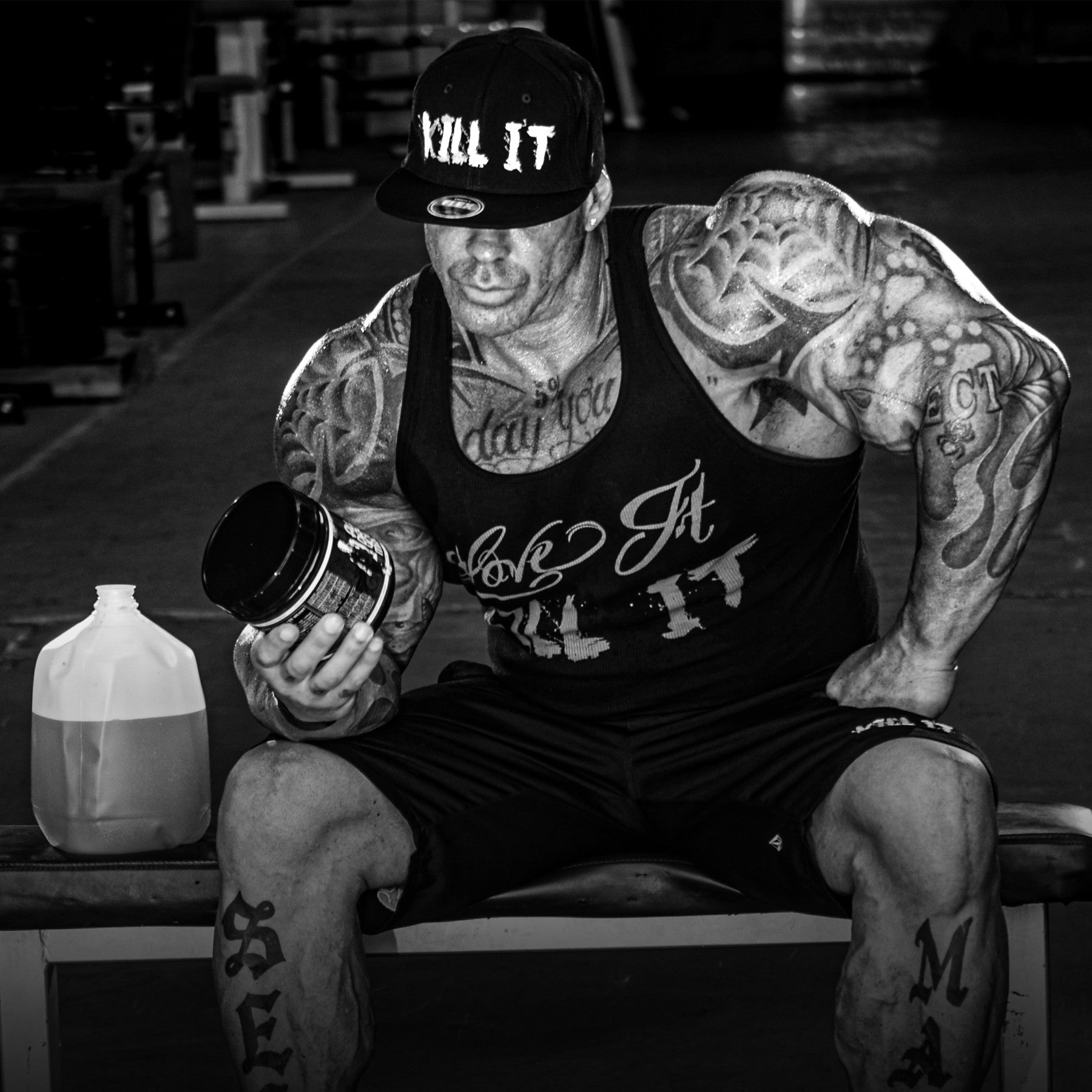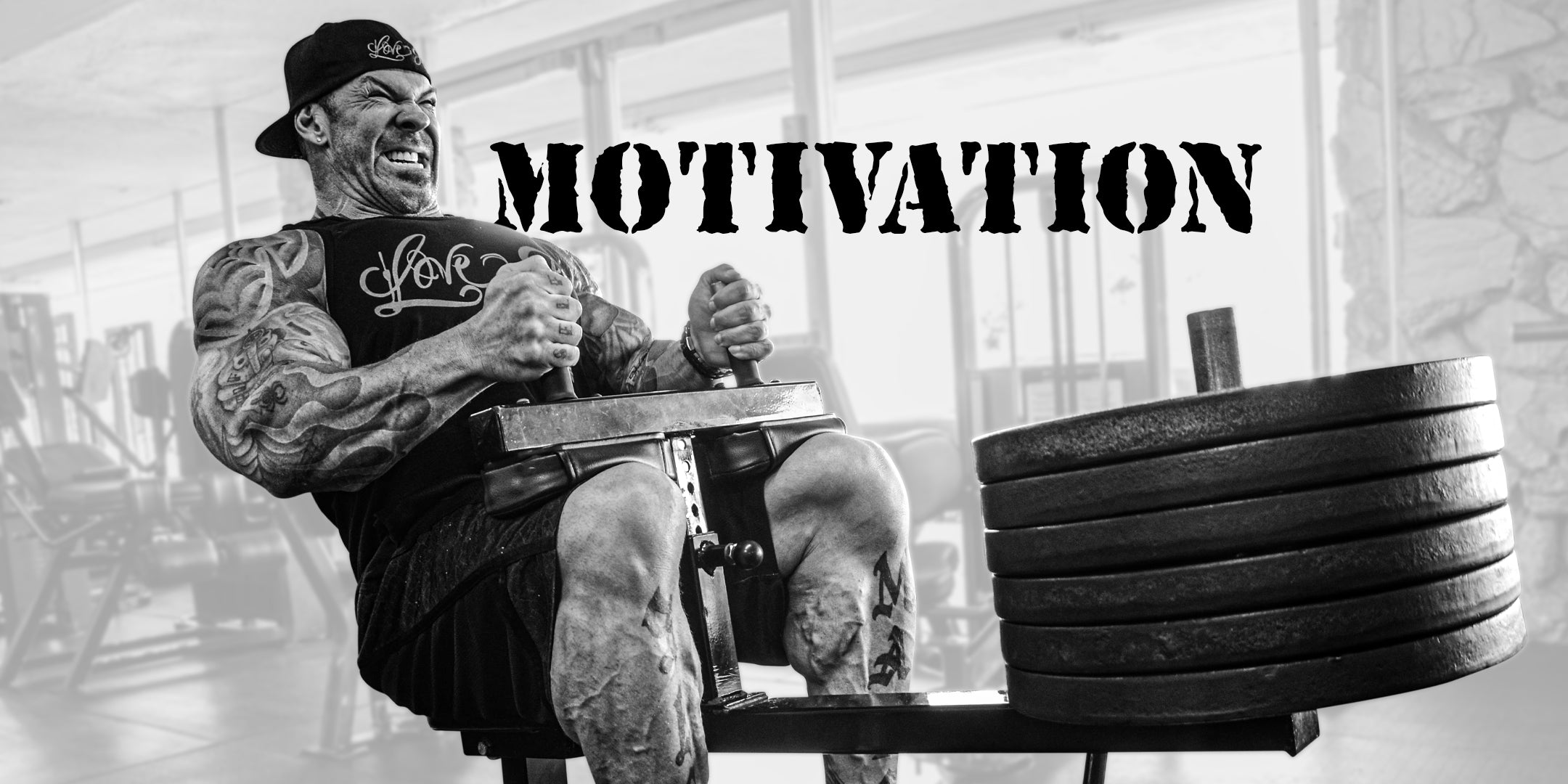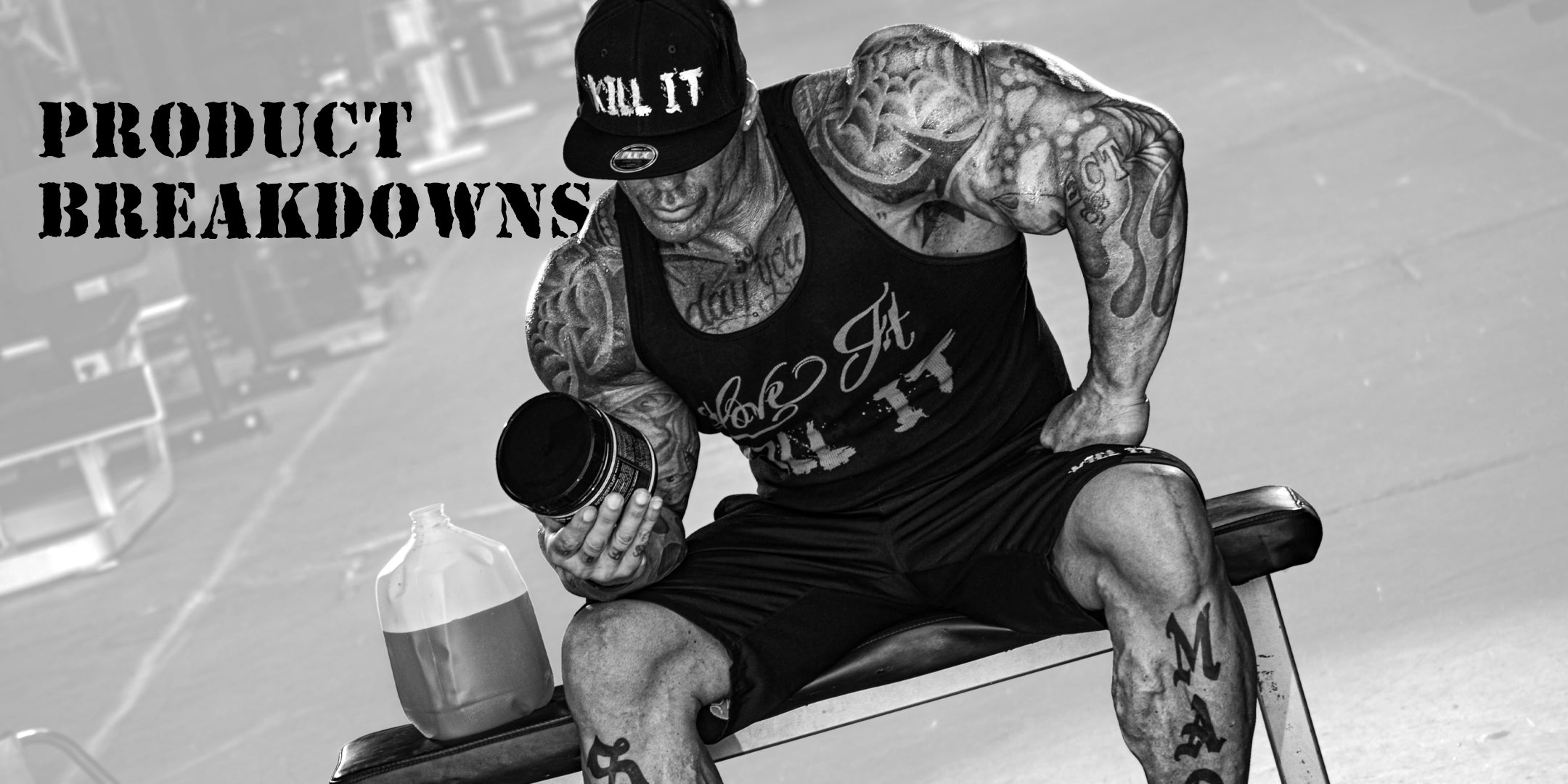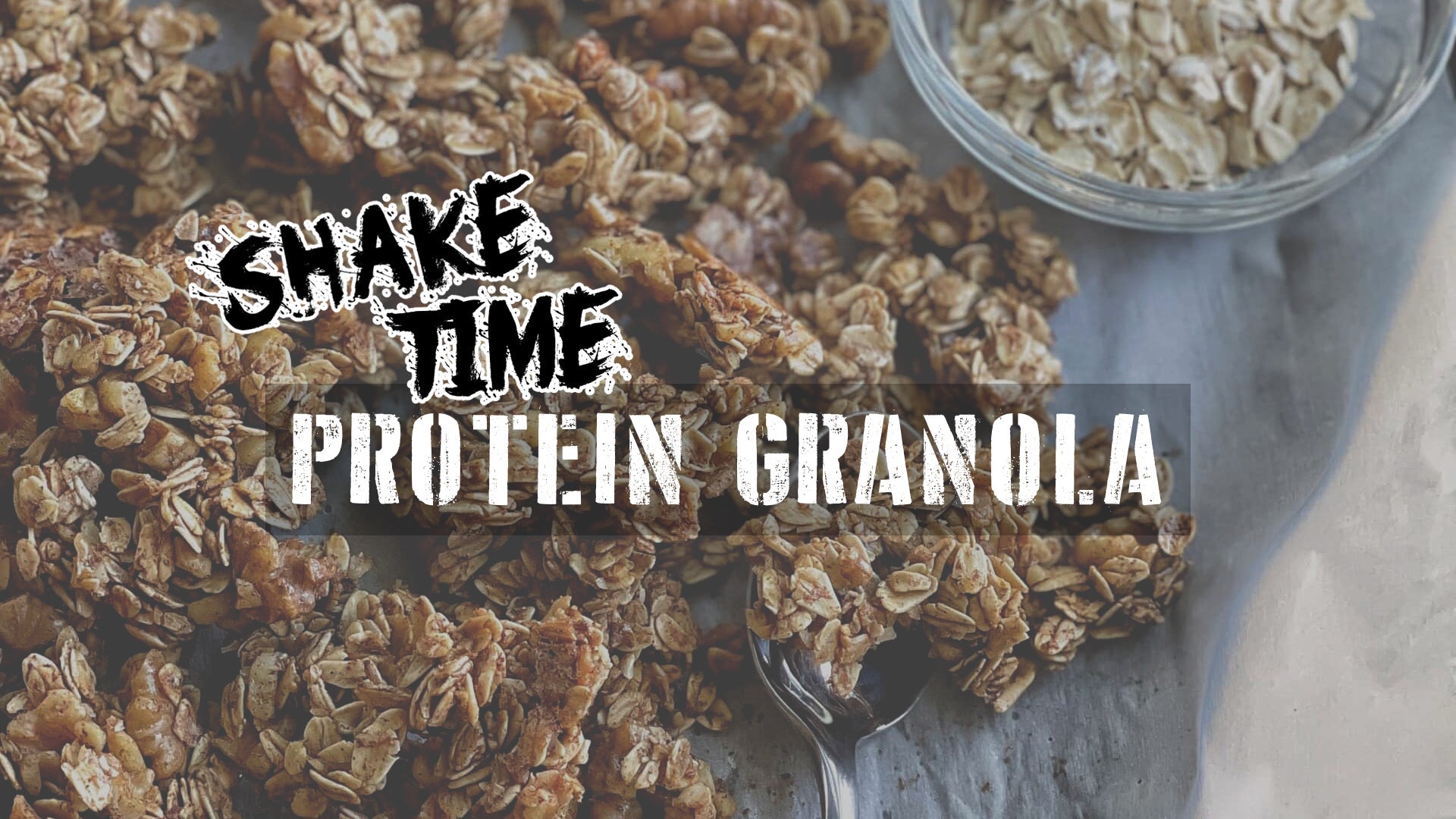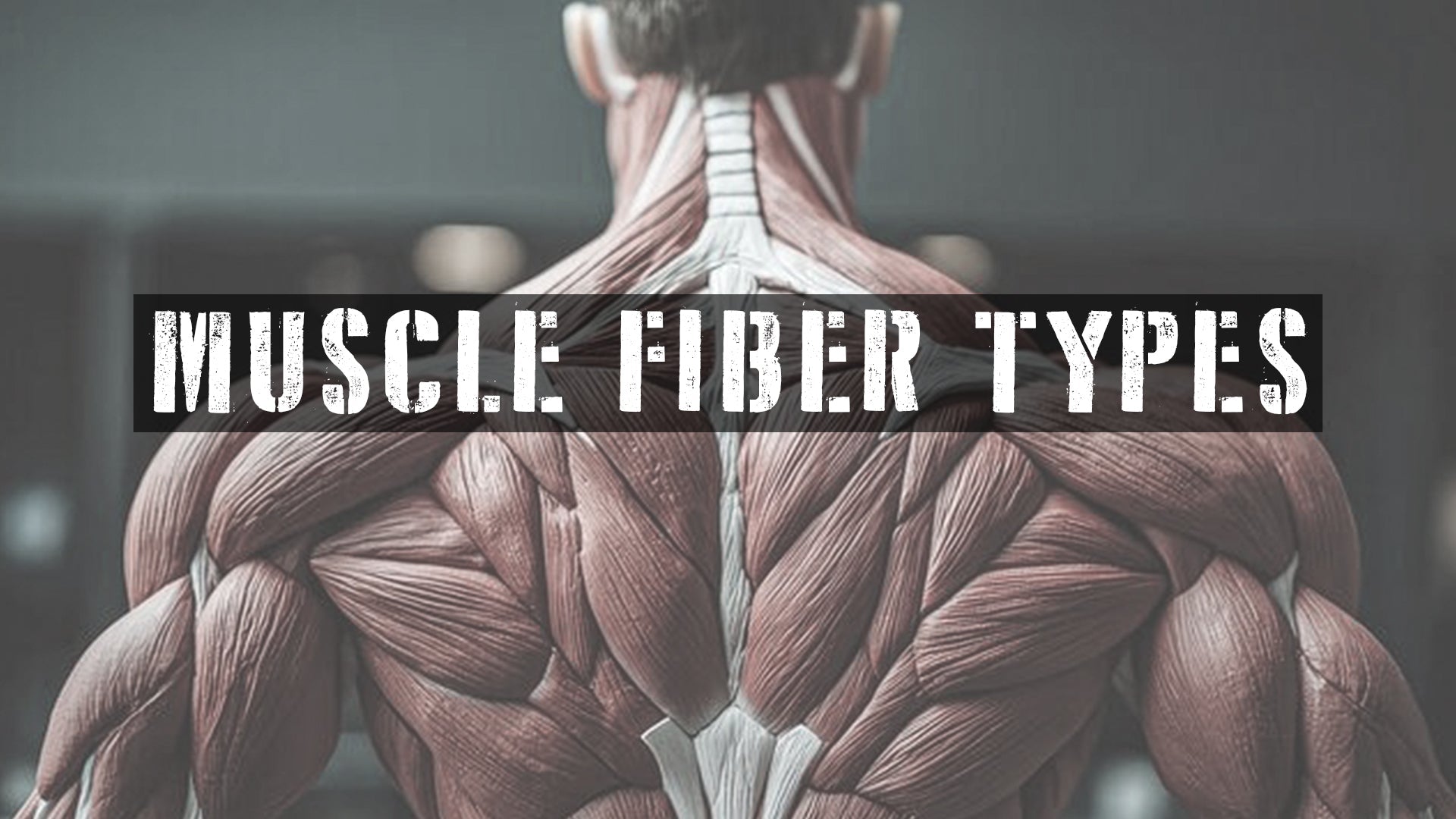Despite a ton of articles available online about protein, we decided it was time for 5% to enter the crowded waters. Why, you might ask? Simple. There’s still a mountain of misinformation about the importance of protein. In this article, we’re going to set the record straight.
Taking A Look At The Basics Of Protein
Have you ever wondered where the word “protein” came from? It was introduced in 1938 by the Dutch chemist Gerardus Mulder and the Swedish chemist and physician Jons Jacob Berzelius. The name itself originates from the Greek word "protos", meaning "of prime importance".(1)
Of the 3 macronutrients, protein is different from the others. While they all contain carbon, hydrogen, and oxygen atoms, protein also contains nitrogen atoms. You know about amino acids, the “building blocks” of protein. The name “amino” means nitrogen-containing. There are 20 proteinogenic aminos that create protein. Protein does not just serve a single function. Instead, there are infinite chains or sequences of amino acids. Each one of these chains has a specific function determined by its sequence. This means that protein performs literally hundreds of functions in the body.(2)
Nitrogen Balance and Protein Synthesis
No doubt most of us have heard the term “nitrogen balance”. It’s a common bodybuilding term. Maybe less common are the details of what nitrogen is. Protein is about 16% nitrogen. It was discovered in 1772 by the Scottish physician Daniel Rutherford. The term “nitrogen balance”, means protein balance. So, being in a state of positive nitrogen balance means being in a state of positive protein balance. Of course, that’s the ideal state for muscle growth to occur.(4, 5,6)
Protein Quality
Whole food sources of protein must come from clean, quality sources. Your choices must also provide the essential amino acids. These include the BCAAs, which includes leucine, the most anabolic of any amino acid. This is where protein quality comes in. A protein source should have a good amino acid profile and be easily digestible.(3)
What About Protein Timing?
Many sources suggest eating protein every 3-4 hours to maintain a positive nitrogen balance. That’s because eating frequent protein meals keeps you in an anabolic state. A negative nitrogen balance, from not consuming enough protein, puts your body in a catabolic state. This is why consuming protein from food and 5% Nutrition protein supplements during the day is important. Not enough protein and your body will break down muscle tissue to help meet daily protein needs.
What about the idea of eating every 3-4 hours? It really comes down to common sense. If you’re hungry, eat. You should make sure you're eating clean, balanced protein meals, which include Egg White Crystals and Snack Time. Also, this includes drinking a shake, such as Shake Time. The key is to eat/drink often enough to meet your daily protein and calorie requirements.
That Old Question – How Much Protein?
Most modern experts agree that .8 to 1 gram of protein per pound of body weight is ideal for muscle growth. Taking in that amount of protein every day begins with high-quality protein from whole food sources. These include lean beef, chicken, turkey, eggs, and fish. The next step is through the use of 5% Nutrition protein powders and snacks. These include Shake Time, with 26 grams of whole food protein per serving, and Egg White Crystals, with 20 grams of pure egg protein that you can cook with or drink as a shake. There’s also Real Carbs + Protein with 21 grams of whole-food protein. Finally, there’s Snack Time with 14 or 15 grams of egg protein, depending on flavor. Of course, all of these products taste decadently delicious.
The Key Times To Consume Protein
There are some key times to consume protein. For example, first thing in the morning because you have not eaten since the night before. You wake up in a catabolic state. Rich had the right idea by sipping All Day You May right away. A great way to wake up is with All Day You May Caffeinated for a quick caffeine and amino acid hit.
Also, before and after you work out, you should take in a protein shake with fast carbs. This can be 60-90 minutes before (or have a light, fast-digesting meal if preferred). Considering leucine and its role in protein synthesis, drinking All Day You May intra-workout is a great idea. This is an incredible amino drink with a leucine-heavy 10:1:1 BCAA ratio.(7,8)
After your last set, follow Rich’s lead and have a serving of Real Carbs + Protein, or Real Carbs and Shake Time. Then eat a solid whole-food meal within a couple of hours.
Finally, consume a small protein shake or meal before bed. The reason for this shake is that during the night you typically fall into a catabolic state.
Recap
As we have seen, protein is critically important. Do not underestimate it and do not fall for misguided sources of information that have you go hours without protein. Why wait? Have your protein meal or 5% shake at consistent intervals during the day. It’s a powerful way to keep those gains coming!
References:
- The Origin of the Word Protein by Hubert Bradford Vickery (http://www.ncbi.nlm.nih.gov/pmc/articles/PMC2598953/pdf/yjbm00343-0001.pdf)
- Nutrition and Diet Therapy, Cataldo, DeBruyne and Whitney, “The Chemists View of Protein” p.80-81
- Nutrition and Diet Therapy, Cataldo, DeBruyne and Whitney, “The Chemists View of Protein” p.90
- http://education.jlab.org/itselemental/ele007.html
- http://ecosystems.mbl.edu/research/clue/nitrogen.html
- http://hyperphysics.phy-astr.gsu.edu/hbase/organic/protein.html
- Exercise, protein metabolism, and muscle growth, Tipton KD, Wolfe RR.
- Effect of an amino acid, protein, and carbohydrate mixture on net muscle protein balance after resistance exercise. Int J Sport Nutr Exerc Metab 2004;14:255-71. Borsheim E, Aarsland A, Wolfe RR.
